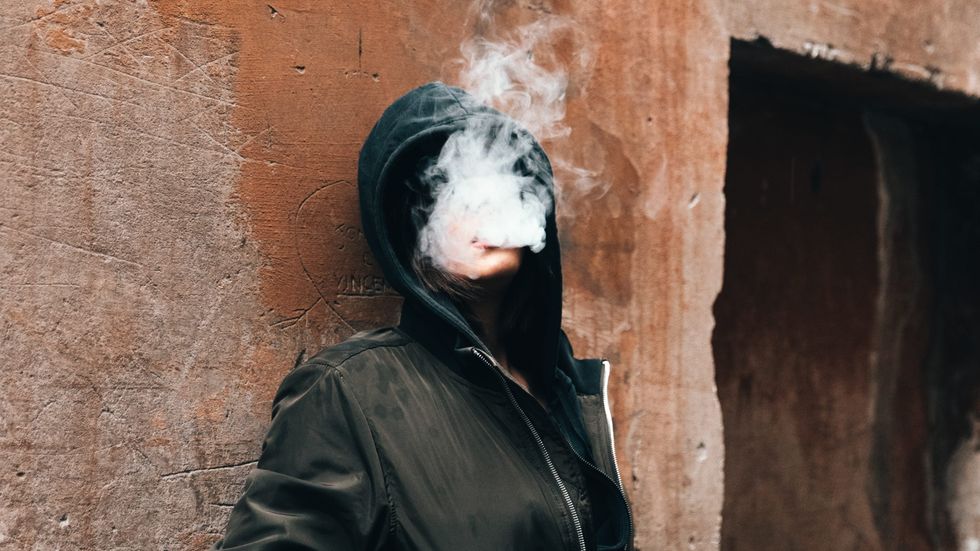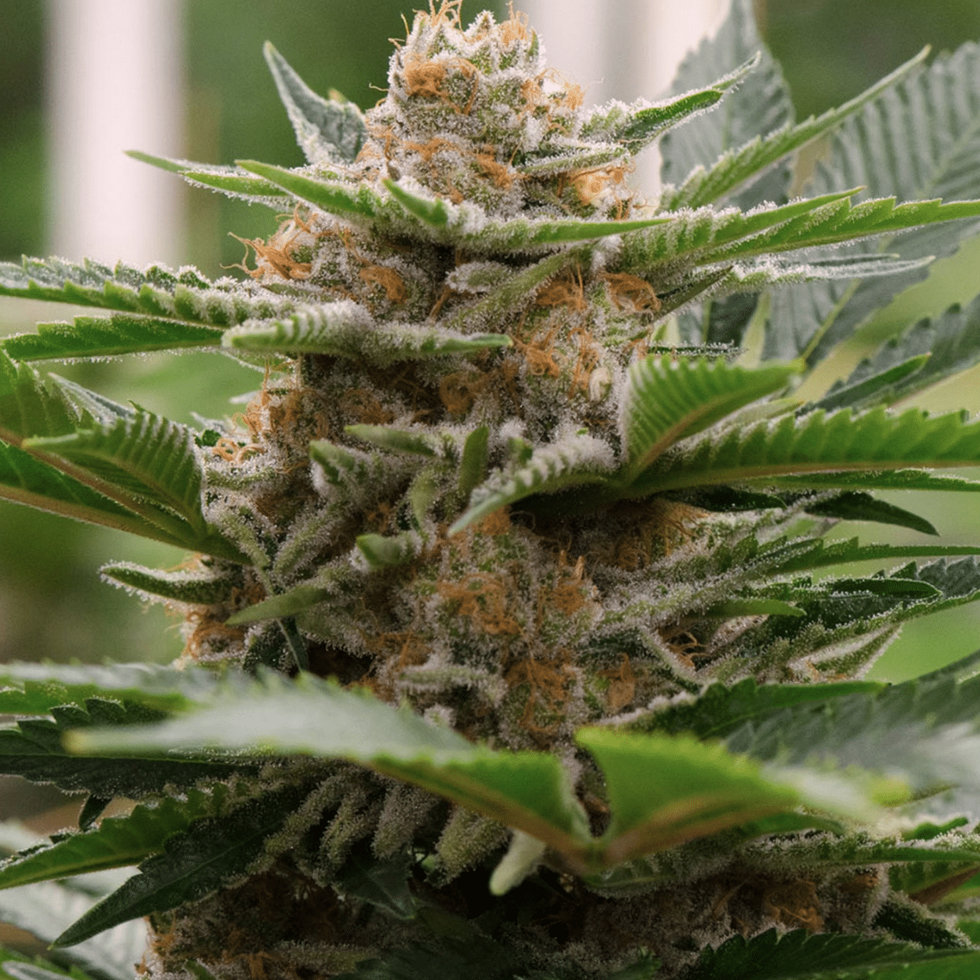Sign Up for The Bluntness Newsletter for Your Weekly Dose of Cannabis News
This week, Louisiana confirmed the first death in the state tied to the respiratory sickness now known as EVALI, or “e-cigarette or vaping product use associated lung injury.” That brings the U.S. total up to over 40 deaths and 2,000 illnesses tied to vaping of weed or tobacco products this year.
Now, after several months of official government response, industry awareness, and rising public anxiety, we have a bit more data, and more challenging complications for the cannabis industry across a product category that’s accounted for 15-30% of all legal weed sales across all recreational markets in the United States.
Several weeks of urgent testing by government agencies have clarified early assumptions about the illness. The most recent report by the Food and Drug Administration, released earlier this month, includes the most significant amount of hard data around the lung illness yet seen, testing 685 samples of over 1000 they’ve received from patients in the field. 443 of those tested samples found traces of THC.
Nearly half of the samples containing THC also contained some amount of the Vitamin E compound initially blamed for the outbreak. Additional Center for Disease Control testing of 515 samples from 63 patients found levels of THC present in most cases, and a high sub-set of those cases with Vitamin E present. So, evidence supports Vitamin E’s status as a huge red flag when included in any vape liquid. It’s also increasingly clear, however, that’s it’s not the only thing that’s making people sick.
The official tests also provided a bit more information about which substances aren’t thought to be a top risk. CDC tests on vape compounds “including plant oils, petroleum distillates like mineral oil, MCT oil, and terpenes” associated with THC seem to have ruled them all out as a likely chief cause of EVALI outbreak. Private testing has painted a more disturbing picture of what else consumers may have been putting into their lungs besides Vitamin E.

California testing firm CannaSafe Labs released a report last week, detailing foreign compounds present in the bootleg THC vape cartridges including high levels of pesticides, and well as the presence of formaldehyde and hydrogen cyanide. One specific product, called “Maui Waui,” was found to contain 1,500 times the legal limit of pesticides.
Products containing harmful chemicals can produce a vapor that’s seemingly more toxic than smoking a typical cigarette when exposed to the high temperatures created by the internal heating elements in vape pens. The slight silver lining from CannaSafe’s findings were tests performed on cartridges obtained from licensed dispensaries that showed no sign of the toxic chemicals.
That finding, though limited, backs up the prevailing conventional wisdom that’s been the industry party line so far—bootleg cartridges should still take most of the blame. But it’s unavoidable to conclude that the direct causes of EVALI are still not entirely understood.
Is the sickness caused by one compound? A combination of two compounds? Could a substance found safe in one product become unsafe, but only when mixed with another specific outside agent? Is it even a single illness at all? There’s much that’s still unknown.
And while new facts slowly clarify the public health picture, the impact of the crisis on marijuana industry profits has been evident, producing wide-spread and complex ripple effects across several state markets. Following a month of troubling health news, sales of THC vape products dropped significantly across four states tracked by cannabis analytics firm Headset.
Edible products states saw near double-digit sales boosts in those states over the same period. Which is not to say that demand has dried up, or can be eliminated by hardline prohibition. After vape products were banned in Massachusetts, sales of similar products spiked in nearby Maine, suggesting to retailers that fans of the products are willing to take the longer drive to obtain them.
Elsewhere, social media influencers who found an unexpectedly profitable living by showcasing vape products for their robust Instagram follower counts have found sponsorship deals drying up, amid talk of tougher regulation on the marketing practice going forward.
It’s unclear what happens now, and a wide range of outcomes are on the table, pending new discoveries, case studies, and likely more deaths to come. In that light, the creeping impulse of both private and government entities to halt vape sales and marketing entirely, or even just to strongly advise the public to avoid the products altogether is perhaps a conservative view, though defensible view.
We now know that people have died from vaping THC products, even if no one is blaming the THC itself at this point. That’s something that can’t be said of other cannabis delivery systems.














 Strawberry Cough Strain Review - The BluntnessTHC Farmer
Strawberry Cough Strain Review - The BluntnessTHC Farmer Strawberry Cough Strain - The BluntnessSeednest
Strawberry Cough Strain - The BluntnessSeednest



 The Truth About THC Candle: Cannabis Candles & How to Make Your Own - The Bluntness
Photo by
The Truth About THC Candle: Cannabis Candles & How to Make Your Own - The Bluntness
Photo by 
 Why are law enforcement officials trying to freeze out cannabis legalization? Follow the money.Image by OpenClipart-Vectors from Pixabay
Why are law enforcement officials trying to freeze out cannabis legalization? Follow the money.Image by OpenClipart-Vectors from Pixabay